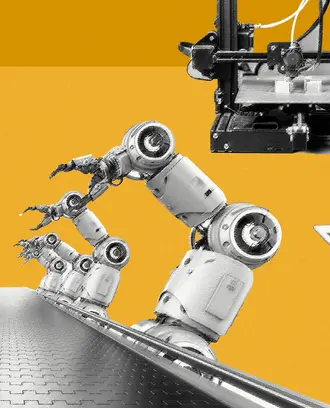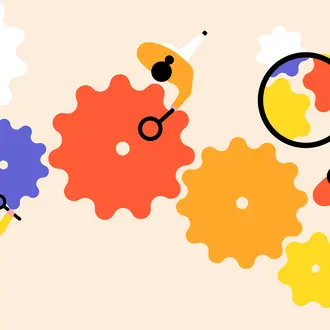Productivity
3 ways chief learning officers can drive change amid a pandemic
Development and learning is evolving from a training role to a transformational one. Chief learning officers should strive to be what one MIT Sloan expert calls a “transformer CLO.”
At DBS Bank, when an employee takes a professional development course, they’re encouraged to teach their peers what they’ve learned. At UBS, employees take part in immersive simulations on how to launch a new product. GE Digital reviews its professional courses each year and eliminates the ones that don’t have a positive impact on employees’ annual reviews.
Development and learning is evolving from a training role to a transformational one, said George Westerman, MIT Sloan senior lecturer and principal research scientist for workforce learning with the MIT Abdul Latif Jameel World Education Lab. That creates an opportunity for chief learning officers to be what Westerman calls a “transformer CLO.”
“The role of the CLO is not just about training anymore, it's about cultivating in everybody and cultivating in the company the ability to grow and to change and to thrive in this rapidly moving world,” Westerman said during an MIT Sloan Executive Education webinar.
This is even more true as companies and organizations around the world scramble to adapt to a pandemic era.
“We don't know what the future looks like, we only know it's going to be different from the way it is now,” Westerman said. “We don't want to just train skills, we want to train people to be able to be resilient, to be able to adapt, to be able to help to drive that change forward over time.”
Westerman interviewed 19 companies earlier this year about their chief learning officers — the leaders in charge of teaching those resilience and adaptability skills at companies like UBS and GE. He found three ways CLOs can drive change. Watch the webinar for more.
Set goals that inspire personal change
Developing skills is no longer the end goal, Westerman said. It’s developing mindsets and capabilities to help workers perform now and adapt smoothly in the future.
That’s a change from just offering a course. It’s now about helping someone think about their career and be ready for their next role. This involves leadership development from an “I am the expert, I will teach you” approach, to “let’s find a way to help the organization learn,” Westerman said.
“The point here is if we can help people develop this growth mindset then they will draw the learning as they need it,” Westerman said. “They're going to want to change rather than just going when they're told to get the changes.”
Make learning personalized and engaging
This is a much more proactive approach compared to the traditional training style of development, Westerman said, where learning is more personalized and optimized for when a person is ready and has time available to learn. There is an emphasis on instruction, introspection, and immersion.
It’s about creating engaging and effective experiences, like daily questions, games, peer teaching, and global classrooms.
“You get what you need when you need it, as opposed to just because it happens to be the time to do it or the time on the schedule,” Westerman.
Rethink the company’s learning and development structure
Westerman said he sees four ways CLOs and the departments they lead are changing:
- Organization — Learning teams are getting smaller, faster, and more agile, and focusing more on impact than on spending.
- Roles — Jobs that haven’t typically been seen in these areas are being added, like learning strategist, curator, and experience designer.
- Development — There’s a shift from creation to curation, a focus on multiple sources and formats, and removing underperforming content.
- Co-creation — It’s no longer trainers figuring out what they’re supposed to teach and then developing courses on that subject. It’s people helping subject matter experts deliver that training themselves, or peer-to-peer training.




